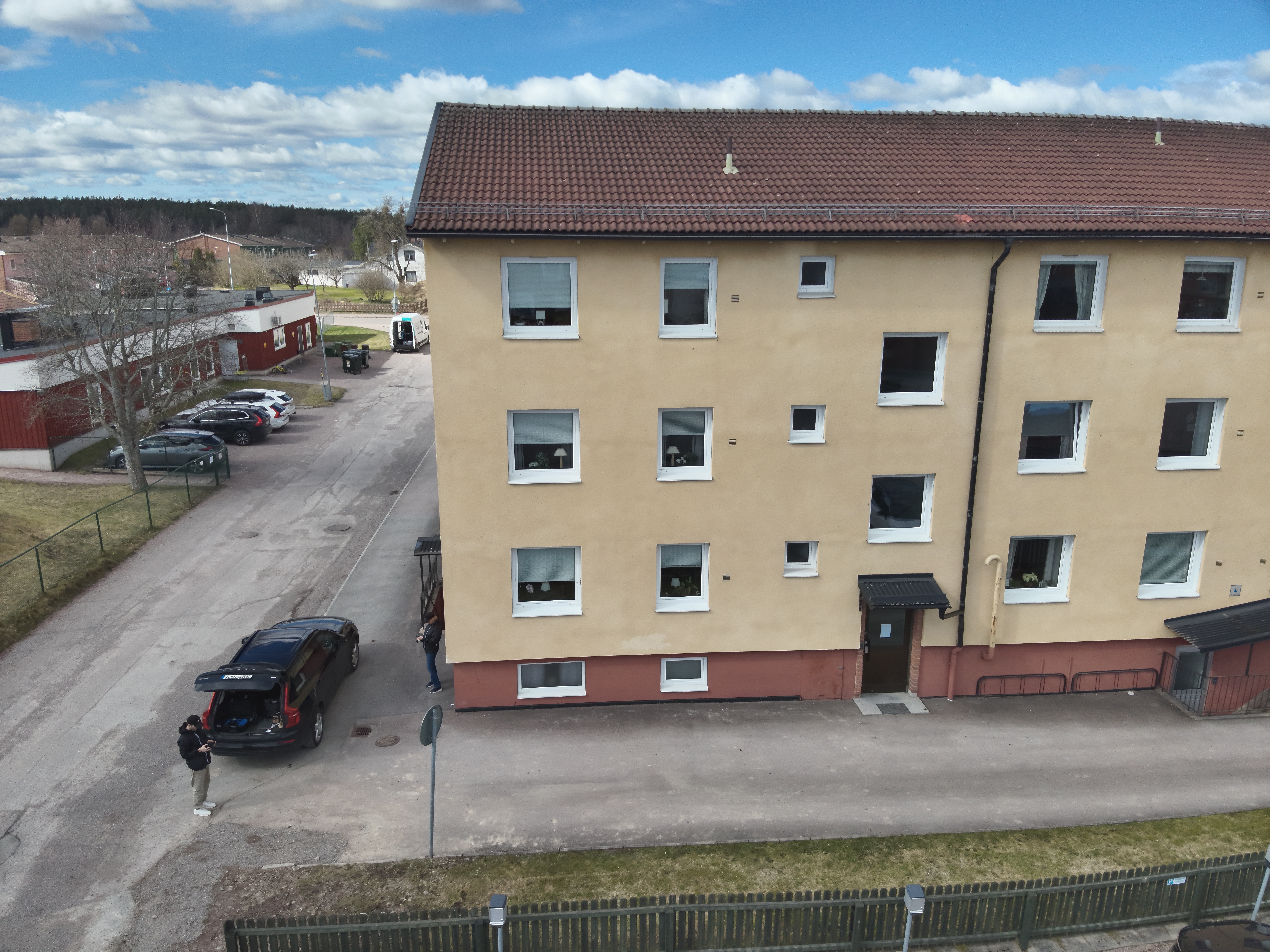RenoWave – Cooperation for Energy-Efficient Housing
A current example is the RenoWave project, funded by the Interreg Baltic Sea Region Programme and led by Marit Ragnarsson. The project is a cooperation between eleven partners from seven different Baltic Sea countries and aims to support multi-apartment buildings in their efforts to improve energy efficiency.
“We offer so-called One-Stop Shops – complete energy services for multi-apartment buildings wishing to renovate smartly and sustainably,” explains Marit Ragnarsson.
RenoWave also develops statistics and regional targets for energy efficiency in multi-apartment buildings, improves energy certification methods, and conducts energy audits.
From Energiintelligent Dalarna to EU Cooperations
The County Administrative Board’s work began as early as 2005 with the initiative Energiintelligent Dalarna – Sweden’s oldest regional energy cooperation. The transnational perspective came into play when Dalarna was appointed by the Government as a pilot county for green development, tasked with sharing its long-standing experience in energy and climate work with others.
“We actively started seeking international cooperations, participated in SI conferences, and built networks. It really paid off,” says Marit.
The first step was a cooperation with the Council of the Baltic Sea States (CBSS), which led to an SI-funded project in 2015, BuildingEFFECT, focusing on buildings and energy efficiency, involving Estonia and Poland. This partnership laid the foundation for a three-year Interreg project, EFFECT4buildings, where a toolbox for energy efficiency in buildings was jointly developed.
With funding from SI for the project EFFECT4Georgia, Georgia was included in the Interreg project, enabling the dissemination of results such as training sessions in energy efficiency techniques. Unfortunately, the pandemic prevented the project from being completed.
Common Act – the Seedbed for RenoWave
Another important milestone was the project Common Act, also funded by the Swedish Institute. This project focused on the best ways to communicate issues around energy efficiency – a challenge shared by all participating countries.
“We realised that housing cooperatives in multi-family buildings are a target group that requires a specific communication strategy. That insight became the starting point for RenoWave,” says Marit Ragnarsson.
Thanks to SI funding, the project team was able to meet, plan, and prepare the application for what has now become RenoWave. The communication materials developed through Common Act are still in use today.
Ongoing Cooperation – Now with Ukraine in Sight
RenoWave clearly demonstrates how national, and EU funding can interact effectively. This synergy is now opening new opportunities:
“We hope to apply for further support from SI to disseminate RenoWave’s results to Ukraine,” concludes Marit Ragnarsson.
Facts
The SI-funded projects carried out by the County Administrative Board of Dalarna have been financed through SI’s previous funding schemes, which are now part of the SI Baltic Sea Neighbourhood Programme.The programme funds projects where Swedish organisations can initiate and further develop collaborations addressing cross-border challenges and opportunities together with organisations from EU countries around the Baltic Sea and countries within the EU’s Eastern Partnership.
Through SI’s funding, partnerships are expected to lay the foundation for future, long-term cooperation. An important goal is that the cooperations supported by SI can continue to grow, for instance through EU funding. Follow-up studies two years after project completion show that many partnerships do continue and attract new funding.
The projects included in SI’s follow-ups over the years have together been granted just over SEK 134 million from SI and have generated more than SEK 1.1 billion in additional funding, mainly from EU funds and programmes.
Throughout May, the Europe in My Region campaign is taking place in Sweden to highlight the benefits of EU funding. As part of the campaign, SI is co-organising a workshop on sustainable growth and resilience in the blue and green sectors on 16 May in Simrishamn.
